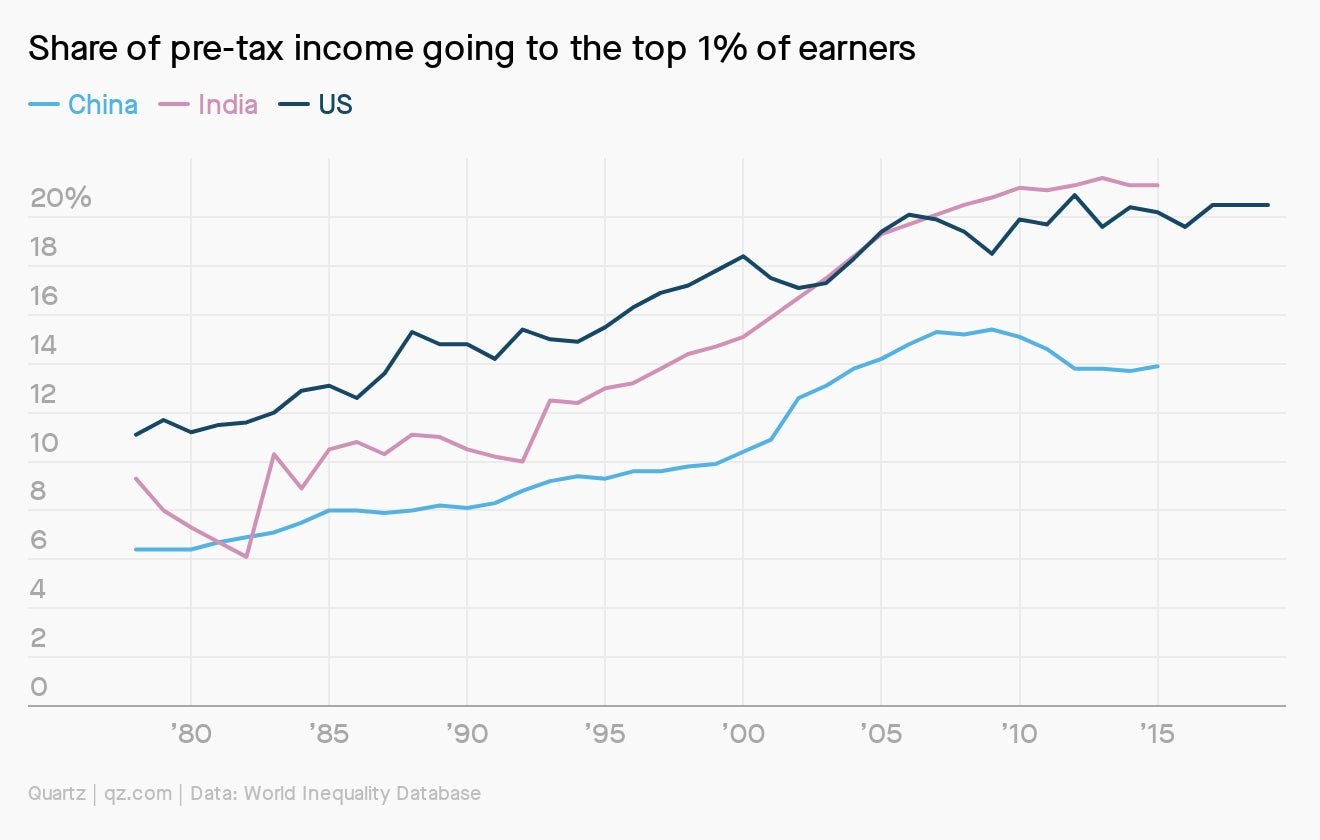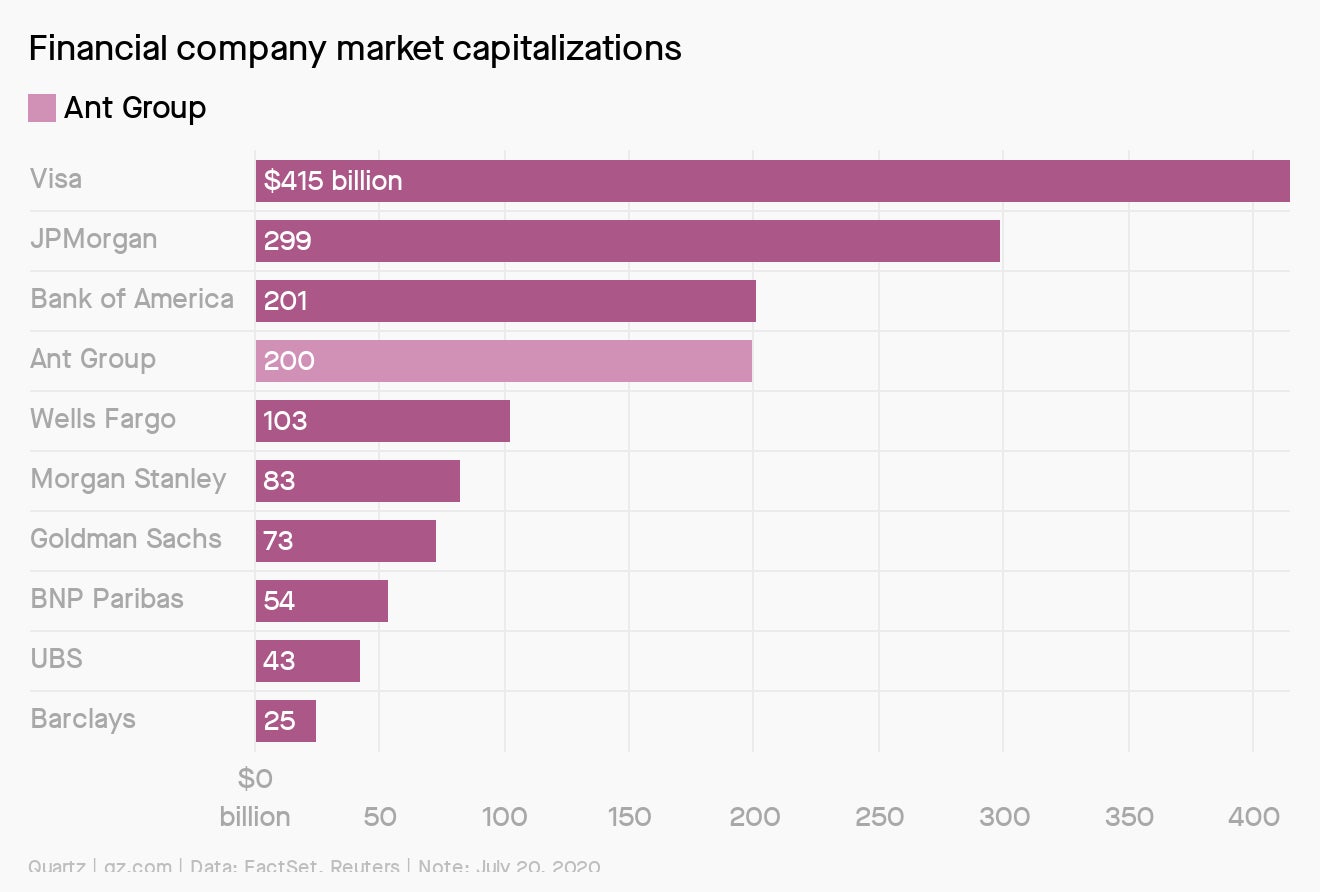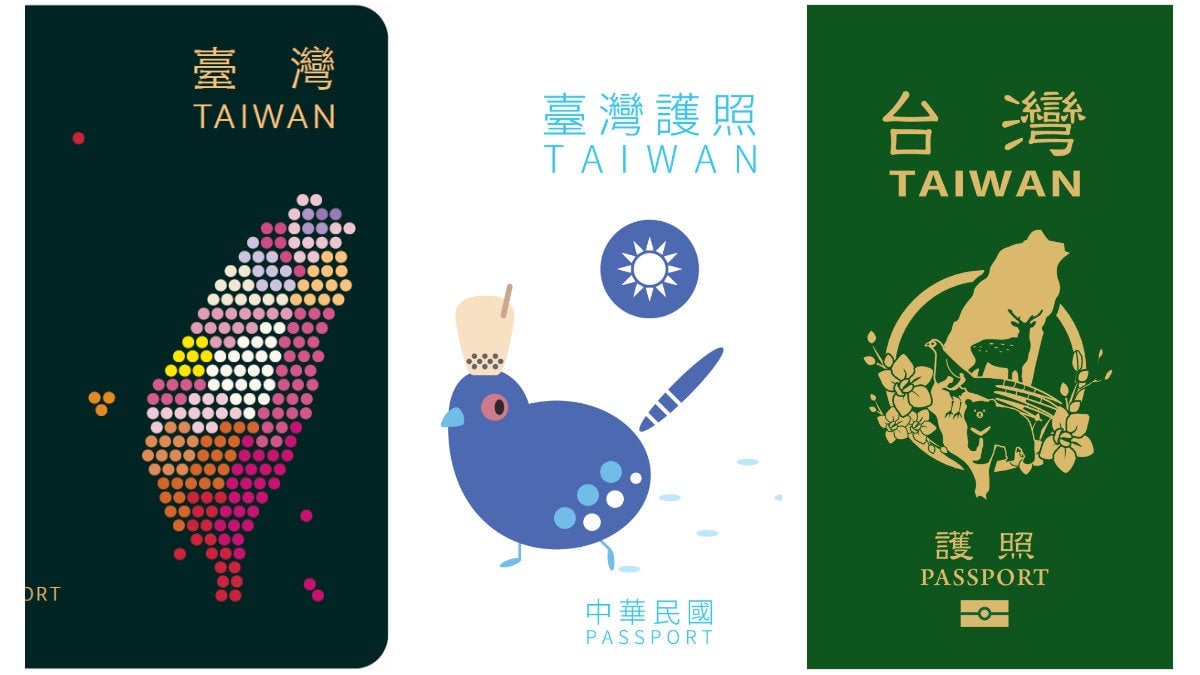Africa’s health successes, Messi’s move, Biggie’s crown
Good morning, Quartz readers!

Good morning, Quartz readers!
Here’s what you need to know
African countries contained two major diseases this week. Yesterday, the whole continent was declared free of polio after the last few cases were eliminated in Nigeria. Today, the Democratic Republic of Congo announced that a huge measles outbreak, which killed 7,000 children, is now under control.
McDonald’s is investigating possible internal cover-ups. The company’s probe into the conduct of its former CEO, Steve Easterbrook, has also targeted its own HR department for alleged misconduct, the Wall Street Journal reports (paywall).
There was fatal gunfire on a third night of protests in Wisconsin. One person died and two others were wounded during more unrest in Kenosha, where police had shot a Black man at the weekend. The governor of the US state has called in the National Guard and declared an emergency.
China’s diplomatic visit to The Netherlands could be uncomfortable. Quartz’s Annabelle Timsit has learned that a Dutch lawmaker, Martijn van Helvert, intends to press Chinese foreign minister Wang Yi on the alleged oppression of the Uyghurs and the status of Hong Kong. Yi is also in Italy, France, Germany, and Norway this week.
Where next for Lionel Messi? The world’s greatest soccer player said yesterday that he wants to leave Barcelona. That is, if anyone in the Covid era can afford him. Meanwhile, Quartz’s Yomi Kazeem profiles a 19-year-old Canadian, Alphonso Davies, who was born in a refugee camp and just became a European champion.
Obsession Interlude: Fixing capitalism
In the world’s most populated countries, the very highest earners are getting an increasingly bigger piece of the pie. Between 1980 and 2015, the share of pre-tax income going to the top 1% more than doubled in China and India, and grew by 80% in the US.

This rise in inequality is largely the result of the highest-educated workers making a lot more money. Automation, computing power, and globalization made knowledge workers more valuable. At the same time, power for the working class dissipated as unions became weaker. If income is to be distributed more equally, it either means broadening access to educational opportunities or pushing laws, like the minimum wage or promoting unions, to force employers to give the poorest a raise.
Keep tabs on the Fixing Capitalism obsession here.
Charting Ant Group’s rise
Ant Group, the Chinese fintech giant owned by Alibaba, aims to achieve a market value of more than $200 billion when it goes public. Its IPO documents, filed in Hong Kong and Shanghai yesterday, are finally giving the world a look at the numbers behind that goal.

Apart from its enormous size, Ant’s money-making ability is also due to the benefits that come from being part of the Alibaba ecosystem, since it is the default payment option on Alibaba’s e-commerce and food delivery platforms. Still, its earnings from payment transactions are giving way to those from selling technology services to other financial institutions, which now make up more than 60% of its revenues.
What makes higher ed valuable?
We asked Quartz members this question in a recent email, and here’s how they responded:

History may look back at this year as the turning point when online education began its transition from a niche product to an essential element of the college experience. In some cases, universities—seizing an opportunity to cut expenses in facilities and instruction—will embrace a hybrid model, where students attend classes both online and in person. In other cases, new, revenue-generating programs will expand the university to students who never step on campus. And in some instances, completely new forms of education will develop and gain traction.
In a sector that dates back more than a millennium, change moves slowly, but the investments by universities in technology and training—and the growing acceptance of online learning—will permanently reshape higher education. Read more in our field guide to higher ed going remote.
✦ Even if your student days are behind you, reading Quartz’s global news coverage ensures you’ll keep learning every day. Get 50% off your first year as a member by using code “SUMMERSALE.”
You asked about droplets
If corona infection is spread through inhaling droplets expelled by infected people, how is it possible to get infected by asymptomatic carriers (who presumably are not coughing/sneezing)?
When you think “droplet,” you’re probably imagining big, gloopy glops of sneezes and coughs, chock-full of virus. You’re not wrong: We know for sure that those close-range viral missiles, the ones bigger than 5 μm across by the WHO’s definition, can carry enough virus to infect others.
But this coronavirus can also survive and remain infectious in much smaller particles, which public health researchers sometimes call aerosols or droplet nuclei. Those particles can be exhaled when someone is simply breathing or talking, and they’re also light enough to float around in the air for a while. Big, gloopy droplets are more likely than aerosols to carry enough virus to get others sick, but transmission via those smaller particles is also possible, particularly indoors where air can’t circulate. So just because someone isn’t coughing doesn’t mean they’re not infectious.
Surprising discoveries

Taiwan’s new passport might have bubble tea on the cover. A design contest has produced a slew of quirky submissions.
Louis Vuitton made a skate shoe. Professional skateboarder Lucien Clarke designed the sneaker, which will be first advertised in skater magazine Thrasher.
KFC now thinks licking your fingers is not the best idea. It’s temporarily retiring its long-running “finger-lickin’ good” slogan due to Covid-19.
Raps biggest rivals are reuniting… at an auction. Sotheby’s is selling love letters written by a teenage Tupac, and the crown worn by the Notorious B.I.G. three days before he was shot.
Crocodile tears could be useful. Scientists are looking into the under-explored world of animal tears to see how it can help address vision problems in humans.
Our best wishes for a productive day. Please send any news, comments, gloves for eating chicken, and sk8 couture to [email protected]. Get the most out of Quartz by downloading our app on iOS and becoming a member. Today’s Daily Brief was brought to you by Hasit Shah, Susan Howson, and Liz Webber.